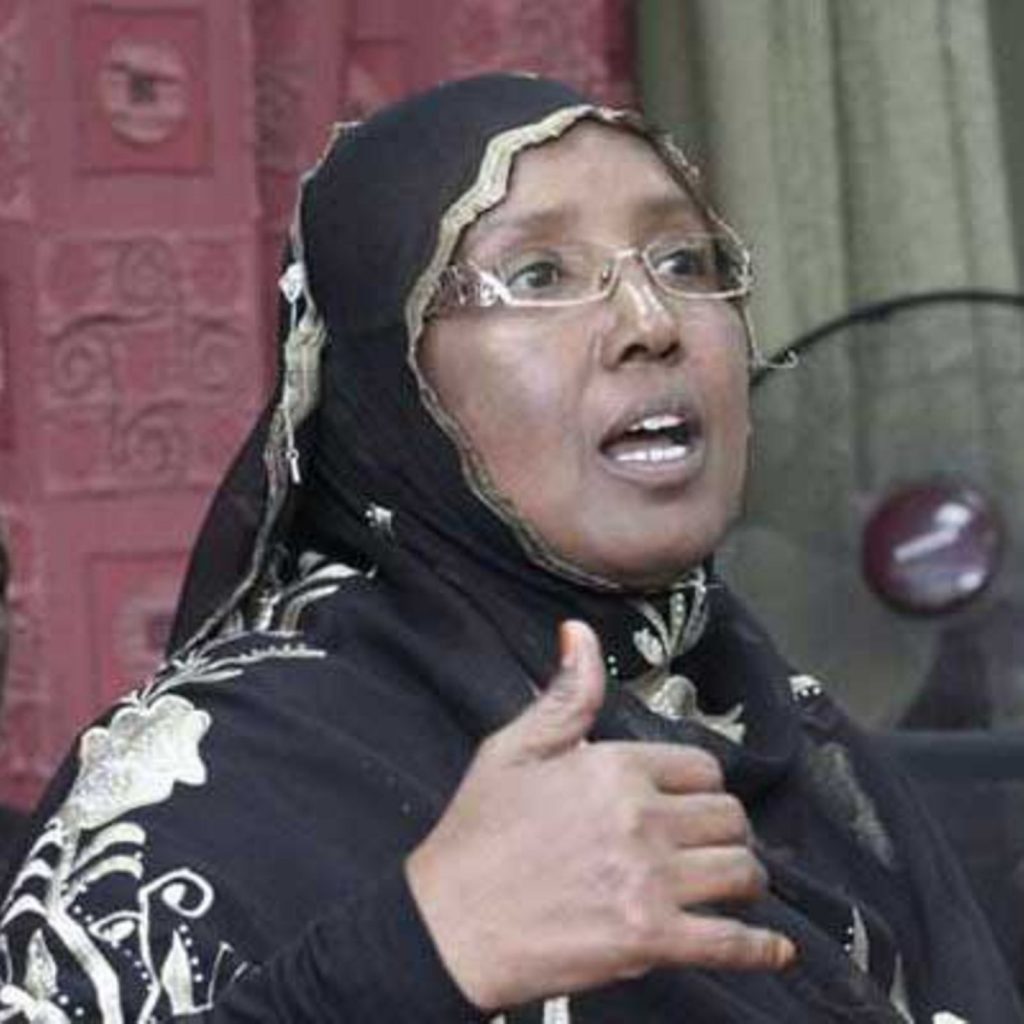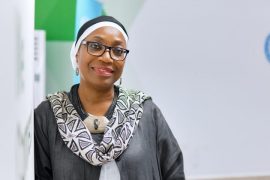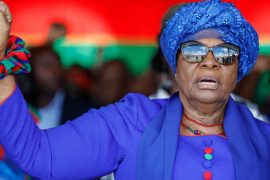Kembet Bolton
While Africa has continued to record great feats in many areas, including economic and social accomplishments, its women have often been relegated to the background when it comes to key issues such as politics and governance.
The few women politicians in the block have had to overcome many challenges, such as social stigmas and economic setbacks in order to get to the top of their political career. Cultural norms which assign women to the kitchen is mostly responsible for this. Notwithstanding these setbacks, many female politicians have changed the narrative and proven that women can succeed in politics and be good leaders. Available data has proven that African female politicians have played a key role in redefining the politics of their respective countries, as well as the entire continent.
In this article, we tell the story of Sophia Abdi Noor, a sterling example of a resilient female politician, who defied the odds and have continued to contribute and influence national politics in her home country.
Sophia Abdi Noor has gone down in history as Kenya’s first elected female Member of Parliament from North Eastern Kenya. Considered to be a marginalized region, Sophia won the Ijara Constituency seat in Isiolo County, Northern Kenya, in the August 2017 election after beating the male incumbent, her closest rival.
Born to a family of Somali pastoralists, the member of the 10th Kenyan Parliament became popular because of advocating for the rights of marginalized women. Noor has spearheaded and participated in numerous gender equality campaigns and was among the very few women from her community to complete high school and enrol for a teaching course.
For many years, communities living in North Eastern Kenya had always downgraded women and held strong conservative views against them. For instance, women leadership was seen as a taboo, both from a religious and cultural perspective. Because of this perception, the conservative Somali community was against women contesting for elective seats. Those who defied the odds typically had no financial resources to compete, were viewed as disrespectful of the culture and were often belittled.
The promulgation of Kenya’s constitution encouraged Sophia to continue fighting for women’s rights, which are now fully enshrined in the constitution. “The new constitution allows us to openly seek votes, and I believe that recent civic education has sunk into the community because I personally campaign from village to village”.
Mrs Noor is among the founders of Womankind Kenya, a group formed to advocate for issues pertaining to women and girl child education. Throughout her life, the former teacher has fought hard against retrogressive cultural practices such as early marriage, wife inheritance, and female genital mutilation.
She previously tried to run for the Ijara parliamentary seat in 1997 and 2013 but lost it. After graduating with a diploma in community development, she worked with numerous international organizations such as Oxfam, Save the Children, CARE International, and World Vision, among others.
Her primary reason for contesting a parliamentary seat was to use parliament as a means to introduce legislation that would help to deal with challenges faced by women, especially those from marginalized regions. 1n 1997, her nomination was cancelled due to cultural and religious arguments that prohibited women from becoming leaders.
Noor’s journey of hard work and resilience has caused many women to benefit from her numerous initiatives. She has won various international awards that recognize her efforts towards women empowerment.





Comments are closed.